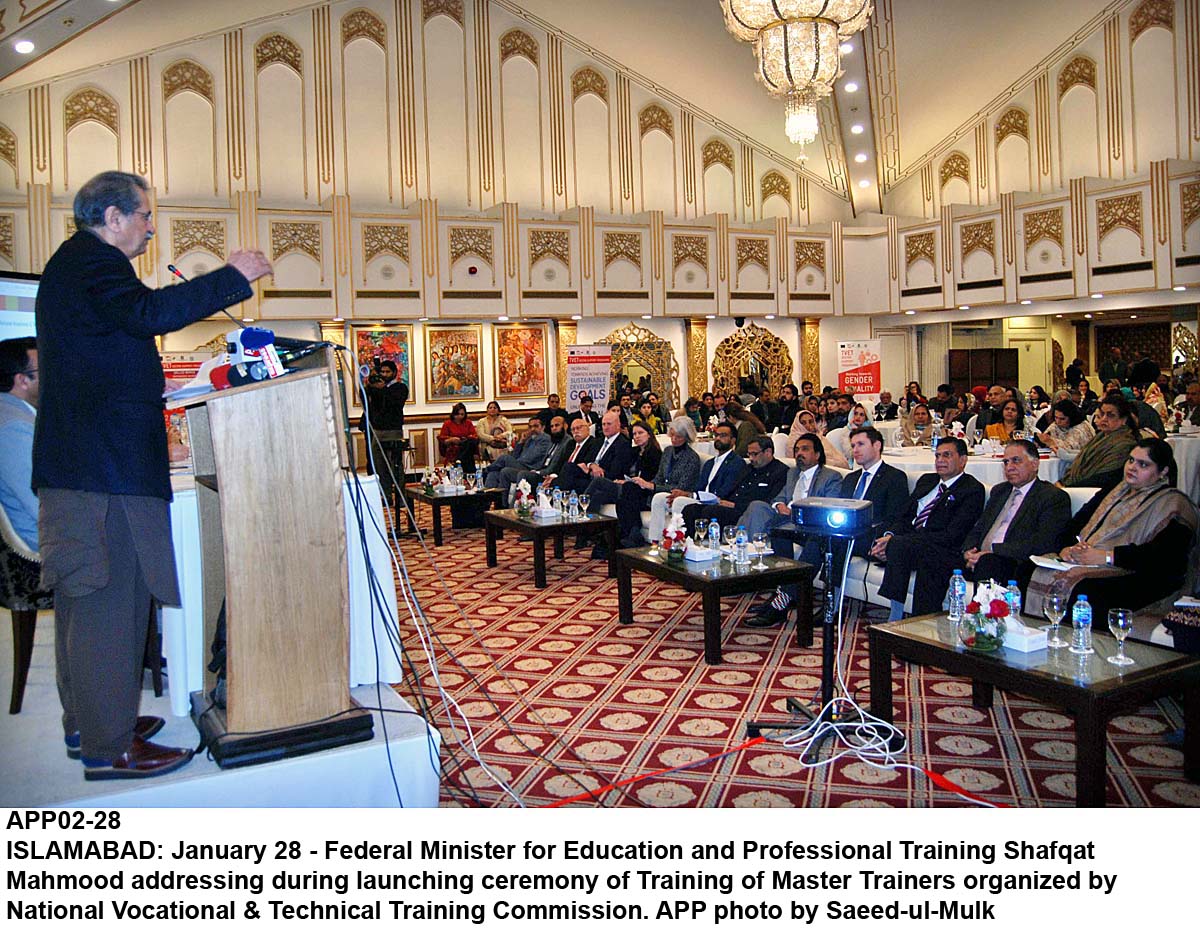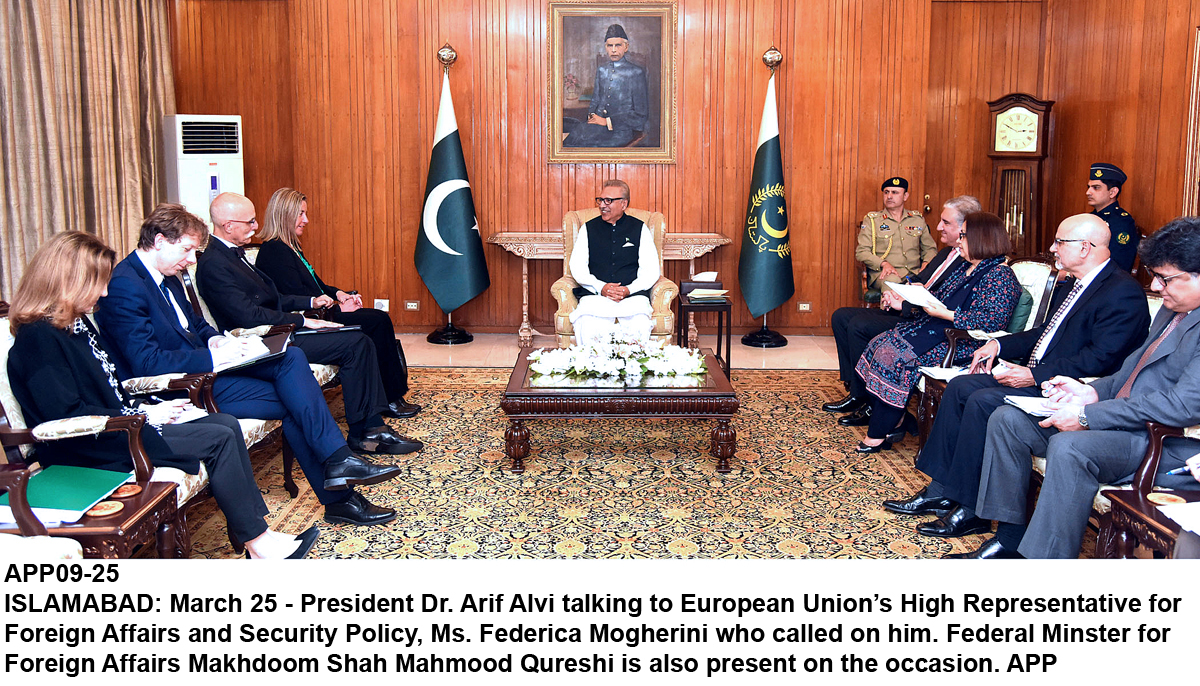 In a significant step to combat maternal malnutrition, the Health Department of Khyber Pakhtunkhwa (KP) launched an initiative to provide Multi Micronutrient Supplements (MMS) free of cost to pregnant and lactating women across 12 districts of the province.
In a significant step to combat maternal malnutrition, the Health Department of Khyber Pakhtunkhwa (KP) launched an initiative to provide Multi Micronutrient Supplements (MMS) free of cost to pregnant and lactating women across 12 districts of the province.
The supplements, which contain 15 essential vitamins and minerals, including iron and folic acid, aim to reduce anaemia in pregnant women, lower maternal mortality rates, and improve birth outcomes.
Dr. Fazal Majeed, Director of Nutrition in KP, highlighted the importance of the initiative, stating, these supplements are proven to enhance maternal health and ensure healthier birth weights for new born.
Each beneficiary receives a bottle containing approximately 90 tablets, sufficient for a three-month course. So far, 243,136 women have been reached under the program.
The MMS supplements, recognized by the World Health Organization (WHO) as an essential prenatal nutrient, have been generously provided by the Junaid Family Foundation (JFF), a US-based non-profit organization dedicated to empowering vulnerable populations, particularly women, adolescents, and children.
JFF has donated one million supplements to Pakistan to address nutritional deficiencies and promote healthier, more productive communities.
Dr. Majeed emphasized that micronutrient deficiencies are widespread among women of reproductive age in low- and middle-income countries, with pregnancy exacerbating these issues and posing risks to both mothers and babies.
“Micronutrients, though required in small amounts, are critical for normal body function, growth, and development,” he explained.
The program’s success has prompted plans for expansion across the entire province, with UNICEF stepping in to support its continuation. After the first quarter, UNICEF will supply the supplements to ensure broader coverage.
The nutrition crisis in KP remains severe, particularly among children under five. Alarmingly, 68.5 percent suffer from vitamin A deficiency, 49 percent are anaemic, and 45.4 percent lack sufficient zinc. Additionally, half of the province’s children under five are stunted, and one in six is wasted, reflecting the urgent need for sustained interventions.
Dr. Majeed expressed optimism about the initiative’s impact, stating, “Through such efforts, we aim to improve the nutritional status of our population and move closer to building a healthier, stronger nation.”
The distribution of MMS supplements marks a critical step in addressing malnutrition in KP, offering hope for better maternal and child health outcomes in the region.








